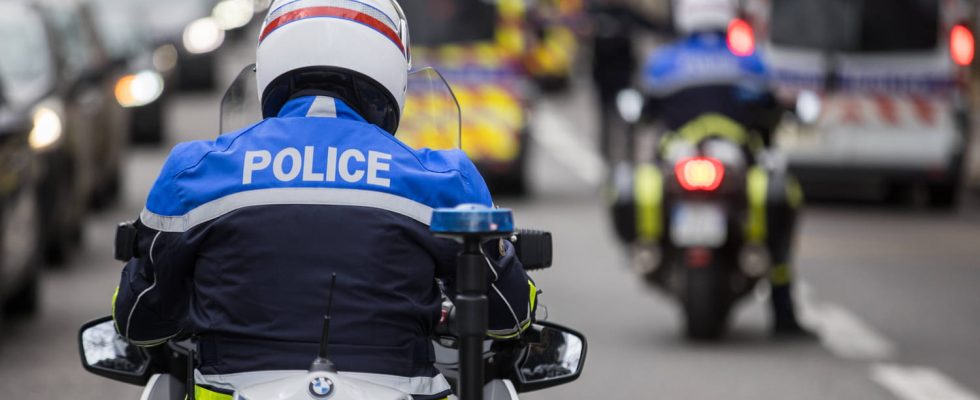According to a study by the Defender of Rights published Tuesday February 27, 2024, a majority of police officers believe that carrying out a mission takes priority over respecting the law.
47 million. This is the number of identity checks carried out by law enforcement in 2021 according to the Court of Auditors. Unfortunately, according to a recent study by the Defender of Rights, Claire Hédon, 40% of the police officers and gendarmes questioned believe that frequent checks “are not or only slightly effective in guaranteeing the security of a territory”.
An independent authority responsible for ensuring compliance with ethics by people carrying out security activities, the Defender of Rights is based on a study commissioned from researchers from the Center for Sociological Research on Law and Penal Institutions (CESDIP) and conducted with 655 police officers and 976 gendarmes on the conditions of their work and their attitudes towards the population. It is clear that the results do not meet expectations.
For 1 in 2 police officers, the mission takes priority over the law
The effectiveness of controls is greatly called into question. And in particular concerning those aimed at combating the consumption of cannabis. In this specific case, 69.5% of the agents surveyed consider the method used to be little or even not effective. The majority of police officers and gendarmes consider that carrying out their mission is a priority over respecting the law, 51.8% for the former, 45.2% for the latter.
“If the use of force to obtain confessions is condemned in more than 9 out of 10 cases” indicates the Defender of Rights, 59.8% consider that the use of more force than what is tolerated in the texts should be permitted in certain cases. At the same time, the study reveals that police officers and gendarmes have insufficient knowledge of external control and the bodies responsible for ethics. In fact, 45.7 % of them believe “to be insufficiently trained in the rules of ethics”. Which raises the question of the initial training of the police. Are they really authorized to carry out all the interventions incumbent upon them? Not really, by their own admission.
28.8% of agents have studied refugee and foreigners law
Only 12% of gendarmes and 5.5% of police officers have benefited from training in the past year on de-escalation of violence or the ability to “react to a person who thinks that they have not been treated in an unfair manner”. fair or respectful” (7.2% and 6.1%). Nearly one in two agents say they are insufficiently trained in citizens’ rights (45.7%). Indeed, only 53.5% of them studied non-discrimination law, 28.8% the law of refugees and foreigners and 20.1% economic and social rights according to the report.
Relations that are strained with the population
It is also relations with the population that regularly pose problems. 40.8% of police officers and gendarmes say they have already been the subject of an insult or verbal attack during the previous month. A crisis of confidence which is reflected in the figures and is observed in both directions. 23.8% of police officers and 34.3% of gendarmes agree with the following statement: “we can generally trust citizens to behave properly”.
The Defender of Rights makes several recommendations
These worrying results prompted the Defender of Rights to make several recommendations to the public authorities. First, strengthen the initial and ongoing training of agents on relations with the public, de-escalation of violence, respect for the principle of proportionality and the physical consequences on people when using force.
In this sense, Claire Hédon also proposes to strengthen knowledge of the role of the Defender of Rights and identity checks by ensuring that the dedicated modules are effectively followed by the police and gendarmes. Finally, it proposes to set up “a system for evaluating the practice of identity checks, their effectiveness and their impact on relations with the population and ensuring their traceability”.
